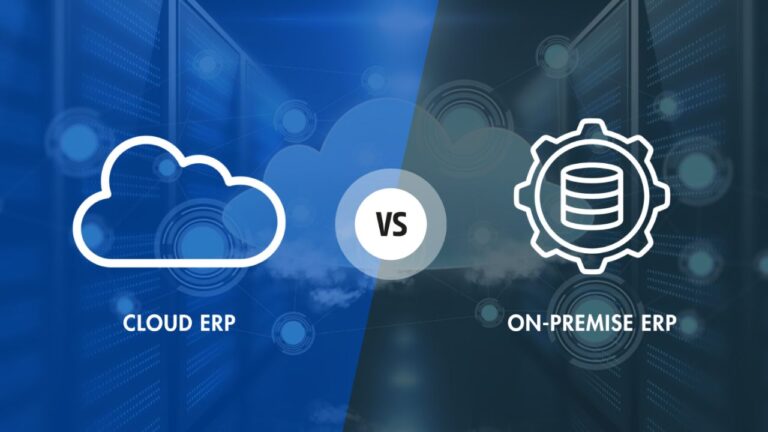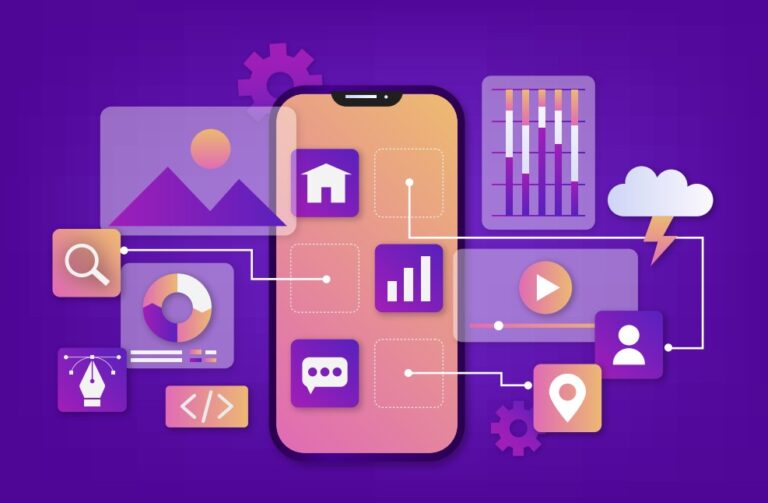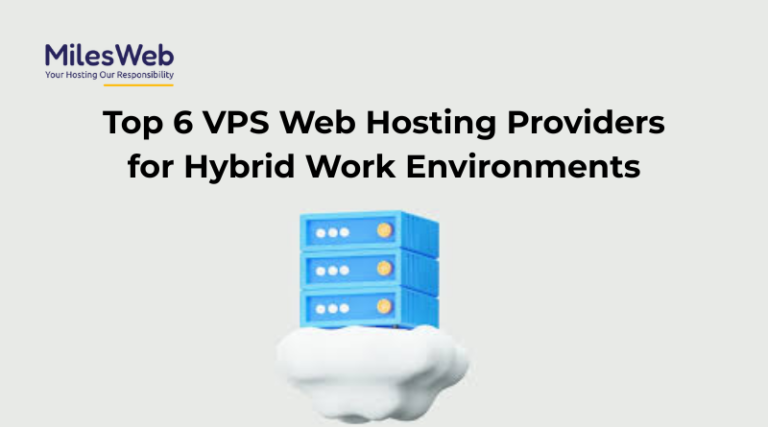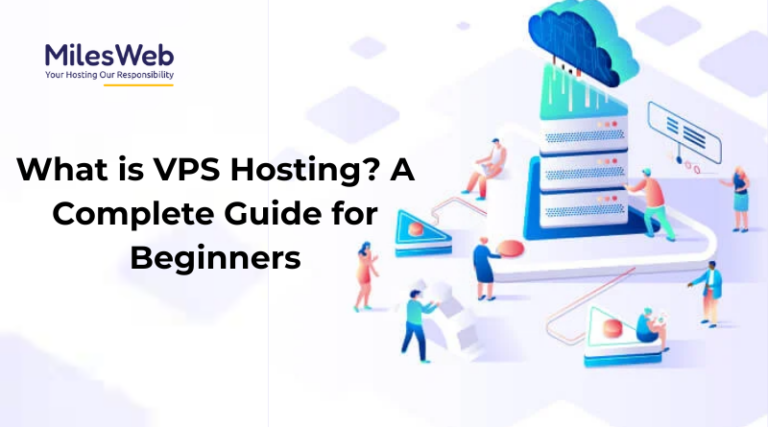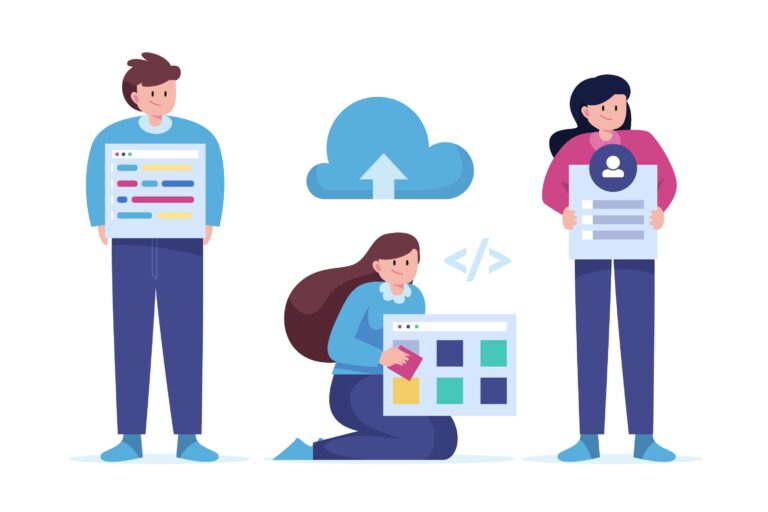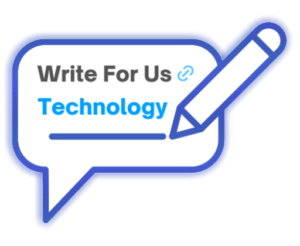What is ERP?
ERP is Enterprise Resource Planning which refers to an omnipotent software that serves all business activities in a single platform.
The services provided by the ERP software include:
- Sales
- Accounting
- Procurement (SRM).
- Production (PLM).
- Distribution (SCM).
- Human Resources.
- Corporate performance and governance.
- Customer Services management (CRM)
- Business Intelligence
- Enterprise Asset Management
- E-Commerce
Statics of ERP software consumers in the world
According to the statistics taken in 2023, globally, the ERP users in the manufacturing industry are leading by 33.6% over other industries in utilizing ERP software. Next to the manufacturing industry
- Information technology 14.85%
- Professional or financial services 13.86%
- Distribution or wholesale business 9.90%
- Public sector and non-profit organizations like (NGO) 6.93%
- Healthcare 4.95%
- Retail 3.96%
- Utilities 3.96%
- Construction 1.98%
- Mining 1.98%
- Education 0.99%
- Transportation (0.99%) industries utilize the ERP software widely.
See how ERP was utilized by various industries globally in the graph below.
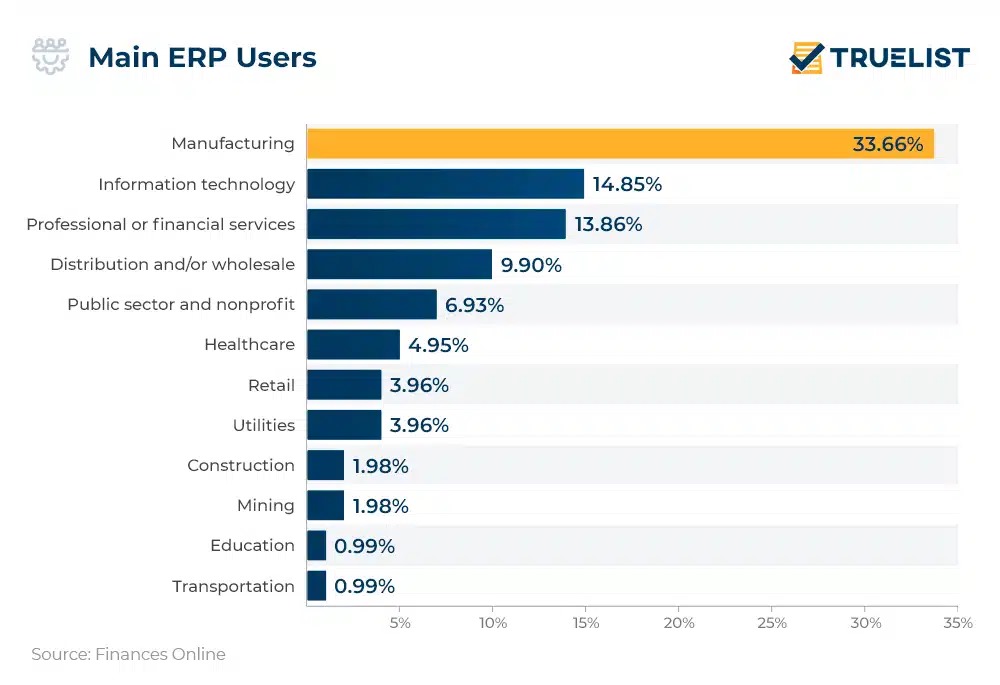
What is Cloud ERP?
Cloud ERP is a combination of technology that works together via the Internet. It is hosted and delivered through your providers’ server and managed by their IT team. The Cloud ERP is fully integrated into the cloud platform.
Some cloud-based ERP providers.
- Microsoft Dynamic
- Acumatica cloud ERP
- Sage Intacct
- Oracle NetSuite
- SAP Business One
What is On-Premises ERP?
On-Premise ERP software runs by the organization’s local server, and it is maintained by their IT team. It requires a powerful server and a strong internet connection for effective business processes and the entire supervision is the responsibility of the organization’s IT team.
Some On-Premise-based ERP providers.
- Epicor Macola Manufacturing Pro
- CETEC ERP
- EPICOR
- IFS
- SYSPRO
Which is the best cloud ERP or On-Premise ERP?
Before implementing the ERP software in your business, some criteria are there, and you must be aware of them. Cloud ERP and On-Premises ERP both serve the same business management and processing data of entire functions of your business in a single software. Which type of ERP do you need and how does your business process utilize the software to provide the best outcome of it?

Things to be considered before choosing cloud ERP or On-Premise ERP
Choosing the best ERP software is entirely based on your business requirements, considering some essential criteria.
- Budget
- Accessibility
- Scalability
- Updates
- Recovery
- Security
- Fit for your needs.
1. Budget
Every company or organization has to be budget-conscious while implementing new things in their business. Likewise, there are cost differences are there between cloud ERP and On-Premise ERP. The prime reason to opt for cloud ERP is that it is budget-friendly when compared with On-Premises ERP. Customized buying options are available in Cloud ERP, you can buy only what you need. It is the most suitable software for small-scale and start-up companies.
Customized buying options are not available in On-Premise ERP. Inclusive options come along with the software, so the customer needs to pay more for On-Premise ERP which is quite difficult for small-scale and start-up business companies. Large-scale businesses can opt for On-Premise ERP and utilize the whole package of services effectively.
On-Premise ERP is best suited for large-scale business industries and organizations.
2. Accessibility
The accessibility of cloud ERP is user-friendly, one can access it with the support of the internet anywhere in the world. This is highly helpful for professionals who want multiple access to the software at various locations.
On the other hand, On-Premise ERP can be accessed remotely through mobile and 3rd party assistance to utilize its features.
3. Scalability
Cloud ERP
- One of the supreme benefits of cloud ERP is its scalability.
- If the business expands, the requirement for advanced features can be extended to meet the business requirement.
- Cloud ERP can adapt to your business growth without spending money on it.
- There is no need to get a license or hardware update to meet the business requirements.
On-Premise ERP
- When business scalability increases for On-Premise ERP, the users are required to spend money to purchase the additional features.
- Users are supposed to buy the license to use the advanced and prime features of On-Premise the business scalability is enlarged.
4. Updates
- The updates in the Cloud ERP software are updated and maintained by providers.
- The updates in the On-Premise ERP software are updated and maintained by the users.
5. Recovery
Cloud ERP
- The recovery option in Cloud ERP is highly notable.
- As it has multiple location access, if any disaster or format of data happens the users can recover it from any other location.
- The cloud ERP user can access and recover the data from anywhere at any time.
On-Premise ERP
- Data recovery and backup are at high risk as we know the On-Premise ERP software is running through the local server.
- If anything happens, unfortunately, the user cannot access or recover the data. The user should be aware of this feature and protect or back up the data often.
6. Security
Cloud ERP
- The security and governance are maintained by the cloud ERP providers.
- In this case, the providers take control over the data of the business as the overall functions are maintained by the providers’ IT team.
On-Premise ERP
- The entire control of security and governance is maintained by the On-Premise ERP users.
- The businesses that utilize On-Premise ERP software bear the responsibility for security.
7. Fit for your needs
Every business needs specific requirements and expectations about ERP software. Before purchasing the software, business professionals should analyze their requirements and choose the ERP software that is best suited to meet their requirements and budget.
What is hybrid ERP?
- Hybrid ERP comprises the features of both cloud ERP and On-Premise ERP.
- It is expensive and compared with cloud ERP it is slower to deploy.
- Hybrid ERP offers mastered data processing and advanced analytics features.
- It is highly ideal for business professionals who require customizing their business functions.
How does ERP software benefit an organization or a company?
It eases the business process and integrates data from various sectors of a company or organization. The customized features save time and work effectively. Departmental collaboration and the streamlined functions of ERP software can update live data for the user.
Managing the entire process and all departments of an organization or a company is a huge process. It can be easily taken over by the ERP software. Because of that there is an update and effective measures that could be taken by the management side.
How do choose ERP software providers?
- There are many prior actions required before choosing the best ERP providers for the company or organization.
- The good reputation and authenticity of the ERP providers have to be considered.
- Check whether the provider’s service meets your business requirements.
- Be aware of your budget regarding the ERP provider’s sales range.
- Successful installation and processing can be done through effective customer relationship management.
- Customer service and technical support have to be highly notable when selecting an ERP provider.
What are the types of ERP software vendors?
Like ERP software, ERP software vendors have specific characteristics. They customize their service and provide ERP software to their desired audience. The types of ERP software vendors are classified into three types based on the size of their targeted businesses.
- Horizontal ERP providers
- Vertical ERP providers
- Hybrid ERP providers
1. Horizontal ERP providers
- They target a wide range of businesses.
- They can provide complete solutions to all sectors of any industry.
- Horizontal ERP providers are the largest among vertical and hybrid providers.
2. Vertical ERP Providers
- Vertical ERP providers are smaller than horizontal ERP providers.
- They target customers of specific companies.
- Vertical ERP providers can provide entire business solutions and customized features to specific companies.
3. Hybrid ERP Providers
- They have the characteristics of both horizontal and vertical ERP providers.
- They extend their services like horizontal ERP providers, but they target specific businesses like Vertical ERP Providers.
- The providers customize their service according to the requirements of their targeted customers.
Conclusion
ERP software plays a vital role in all industries as they can handle multitasking in a single frame. The analytics scale and customized live report of the entire business process make it easy to find the areas where the business is lacking and take the necessary measures.
Though both Cloud ERP and On-premise ERP have pros and cons, the analysis of both ERP software considered by the user are a crucial one. The above-mentioned characteristics of Cloud ERP and On-Premise ERP must be considered before purchasing. A good understanding of the services provided by the ERP software and the requirements of the company or organization assists in getting the best service.
When both the ERP provider’s services and the requirements of the user meet in a efficient manner, the company or organization can access the effective functions apart from the cons of both Cloud ERP and On-Premise ERP.
